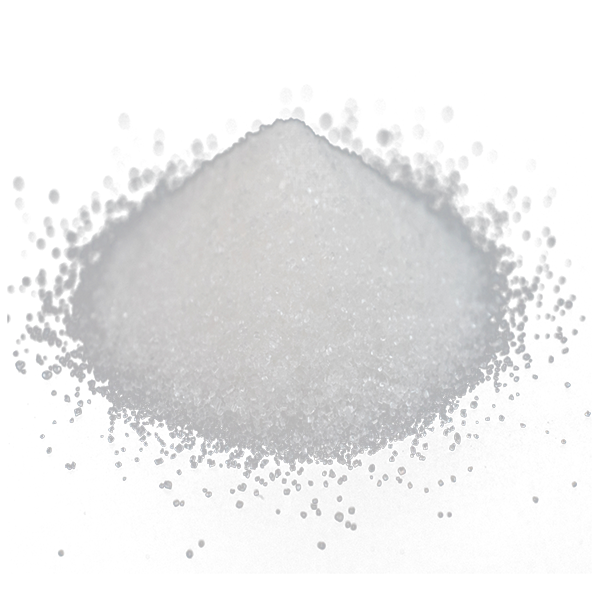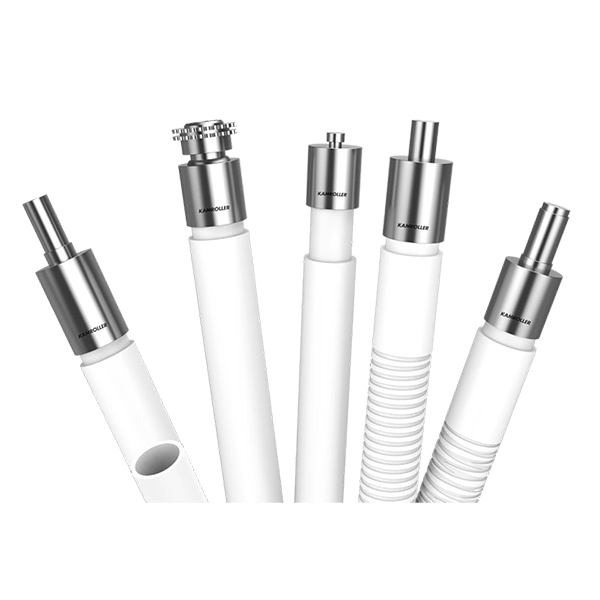Fused silica, in its raw form, is essentially high-purity silicon dioxide (SiO₂) that has been derived by fusing naturally occurring silica, typically quartz. It possesses a non-crystalline or amorphous structure, distinguishing it from its crystalline counterparts. Below is a more detailed overview of fused silica in its raw state:
Characteristics of Fused Silica Raw:
- High Purity: Fused silica typically has very few impurities, which makes it ideal for applications where purity is paramount, such as in semiconductor manufacturing or high-quality optics.
- Low Thermal Expansion: One of the hallmark properties of fused silica is its exceptionally low coefficient of thermal expansion. This means it doesn't expand or contract much with temperature changes, reducing the risk of thermal stress.
- High Thermal Stability: Fused silica can withstand rapid temperature changes without undergoing significant structural changes or cracking, making it useful in environments prone to thermal shock.
- Amorphous Structure: Unlike quartz, which has a crystalline structure, fused silica is non-crystalline or amorphous. This lack of a crystalline structure is partly what imparts fused silica's unique thermal and optical properties.
- Transparency: In its pure form, fused silica is highly transparent, especially in the UV and IR wavelengths.
- Refractories: Raw fused silica is a primary ingredient for creating refractory materials used in high-temperature applications.
- Optical Components: Due to its high transparency in the UV and IR range, fused silica is commonly used to produce lenses, windows, prisms, and other optical elements.
- Semiconductor Manufacturing: The high purity of fused silica makes it suitable for certain processes in semiconductor production.
- Fiber Optics: Fused silica is used to produce optical fibers due to its clarity and ability to transmit light over long distances with minimal loss.
- Laboratory Equipment: Fused silica can be used to make crucibles, dishes, and other lab equipment that require resistance to high temperatures and sudden temperature changes


